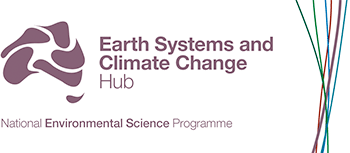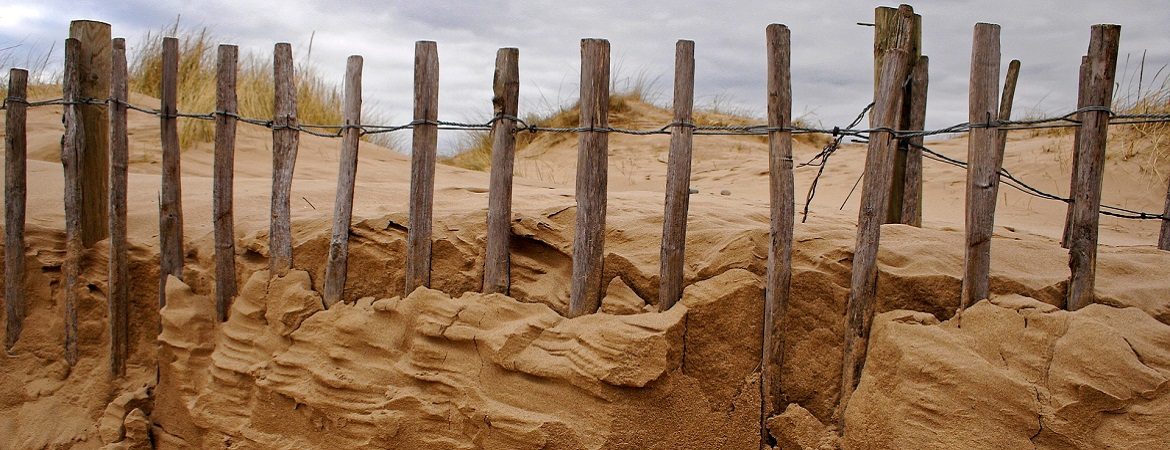Tuesday 16 July 2019, 2.30–3.30 pm (AEST)
Overview
Erosion is a primary concern for all coastal managers. Infrastructure around the world is threatened by inundation by the sea, which is predicted to increase due to climate change. Managing this threat often leads to conflict between the natural and human systems even in areas where nature offers inbuilt resilience to changing environments. The impact of erosion is particularly compounded by the exponential rise in human activity on the coast.
The key to successful coastal management is understanding the boundaries within which coastal landforms, particularly sandy beaches, operate. The subaerial portion of a beach (those areas above high tide) are the store of sand for landform adjustment during storms and for future sea level rise. Understanding the size and stability of this zone is critical for ensuring future coastal resilience.
Earth Systems and Climate Change Hub researchers, through the National Centre for Coasts and Climate (NCCC), are working with stakeholders to identify the best ways of addressing climate change impacts on Australian coastal ecosystems. Through the NCCC we’re investigating how climate change is likely to impact on coastal erosion.
In this webinar, Associate Professor David Kennedy discusses the current state of knowledge on beach and dune landform dynamics. David draws on a range of examples from around Australia exploring the decadal timescales on which beaches operate, and how this impacts contemporary coastal management decisions.
The webinar also draws on a wide range of results from vegetation surveys to drone mapping to show how landform dynamics are providing key information to assist with coastal erosion management decisions.
Watch the webinar video
About the presenter
Associate Professor David Kennedy is a coastal geomorphologist with over 20 years of experience on a range of landforms from beach to coral reefs and cliffs. He is Deputy Lead Investigator of the Earth Systems and Climate Change Hub Project 2.11 Establishment of the National Centre for Coasts and Climate and Director of the Office for Environmental Programs at the University of Melbourne. His research focusses on the impact of climate and environmental change on coastal landforms using a range of techniques from real-time wave energy measurement through to unmanned aerial vehicles (UAVs) to stable and unstable isotope dating. Communication of research to managers and the public is a key aspect of David’s work, and involves close collaboration with government end-users, coastal managers and NGOs such as Surf Life Saving Australia.

